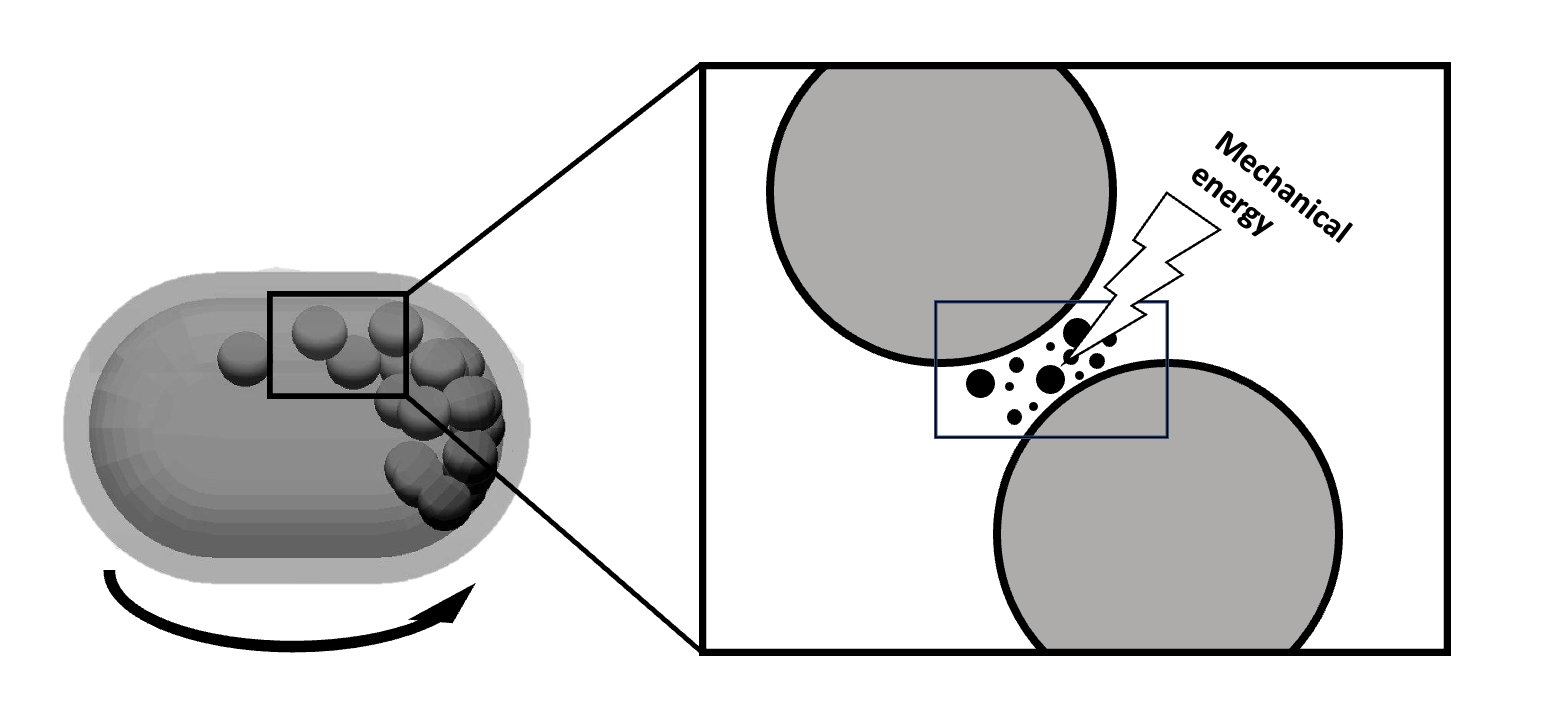Mesoscopic simulations of transport phenomena in reactive systems
Twenty-five companies and knowledge institutes in the maritime industry have joined forces in SH2IPDRIVE: Sustainable Hydrogen Integrated Propulsion Drives. In this innovation programme, they will work together to make hydrogen shipping a reality. Not only would this make the Dutch sector more sustainable, but it would also give the country a head start in the rapidly developing maritime hydrogen economy. In this project, a team of Delft researchers from the Maritime and Transport Technology and from the Process & Energy department are investigating, among other things, boron hydrides. Using boron hydrides (BH) as a hydrogen carrier makes it possible to store hydrogen in solid crystal form with a very high energy density, which is expected to reduce safety risks as well. TU Delft is also participating in sub-projects on bunkering and storage systems, fuel cells, data collection and system validation, system integration and safety. The university’s contribution to these projects includes experimental research and the creation of models and simulations.
To make the application of boron hydrates circular, it is important to recycle the spent fuel (generally consisting of oxygenated species) that is left after hydrolysis of the boron hydrides. An option that has emerged recently is to reduce the spent fuel through mechanochemical reactions with metallic species such as Mg or Al. Such reactions are not induced or catalyzed by a high temperature but rather by the action of crushing and shearing the solid particles together. The goal of this subproject is to better understand this mechanochemical reaction process, and to optimize the conditions for large-scale mechanochemical regeneration of the spent fuel. We aim to identify the most critical component of the regeneration process, which is likely to be the possibility to exert sufficient mechanical pressure and shear forces under specific conditions of temperature, pressure and composition of the inert or hydrogen gas environment. This will enable the design of scalable equipment .
Chair:
Complex Fluid Processing
Involved People:
Johan Padding
Santiago Garrido Nuñez
